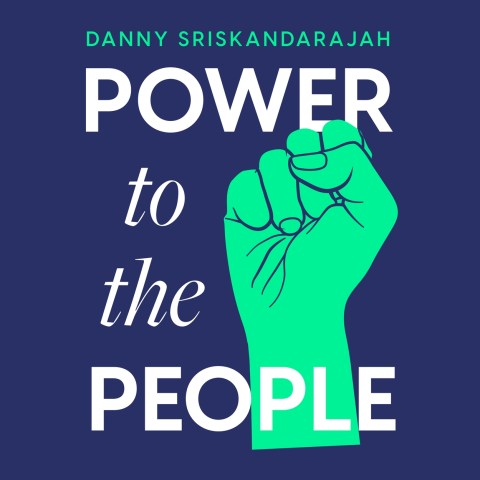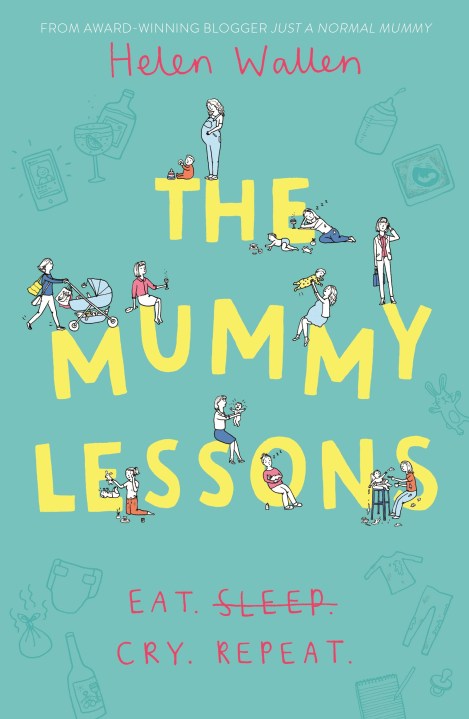‘Murder in the Gulag is brilliant journalistic writing: punchy, eloquent, page-turning and factual. It’s a powerful reminder of what an extraordinary man Navalny was’ – Roland Oliphant, Telegraph
In this revised and updated paperback edition, award-winning journalist John Sweeney goes behind the headlines to investigate what really happened to Alexei Navalny in the freezing Polar Wolf penal colony in a remote part of Siberia in February 2024. This is a warts-and-all portrayal of the highly charismatic but controversial Russian opposition leader who at one time flirted with the far right. Murder in the Gulag lifts the lid on the reality of life in Russia today and asks what Navalny’s death means for the future of Putin, Russia and the West.
In this revised and updated paperback edition, award-winning journalist John Sweeney goes behind the headlines to investigate what really happened to Alexei Navalny in the freezing Polar Wolf penal colony in a remote part of Siberia in February 2024. This is a warts-and-all portrayal of the highly charismatic but controversial Russian opposition leader who at one time flirted with the far right. Murder in the Gulag lifts the lid on the reality of life in Russia today and asks what Navalny’s death means for the future of Putin, Russia and the West.
Newsletter Signup
By clicking ‘Sign Up,’ I acknowledge that I have read and agree to Hachette Book Group’s Privacy Policy and Terms of Use
Reviews
Murder in the Gulag is brilliant journalistic writing: punchy, eloquent, page-turning and factual. It's a powerful reminder of what an extraordinary man Navalny was.
[a] forensic and compelling account
[Sweeney] has done a valuable service with this lively page-turner. He is keeping Navalny's name alive and has shown that, despite all that Putin has done to corrupt society, there is a core of decency in Russia.
Passionate . . . Sweeney not only gives a detailed backstory to this flawed hero, but also provides an insight into Putin's fears and the lengths he will go to to silence all opposition: something that too many Western observers are still reluctant to understand.
There is a growing realisation that the West has, yet again, been naively neglectful and that we must do much, much more to secure our world and our children's world too. Sweeney's Murder in the Gulag is a very timely and valuable contribution to that debate and process.
In a grimly fascinating read, Sweeney provides a crash course in Russia's recent history . . . and provides a genuinely frightening depiction of what it means to challenge the Russian leader's grasp on power.




